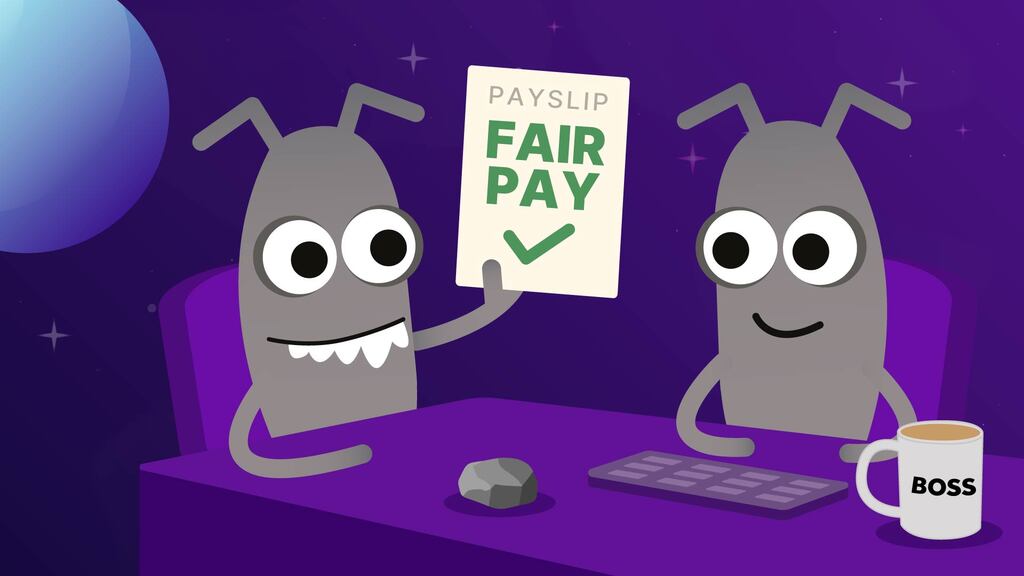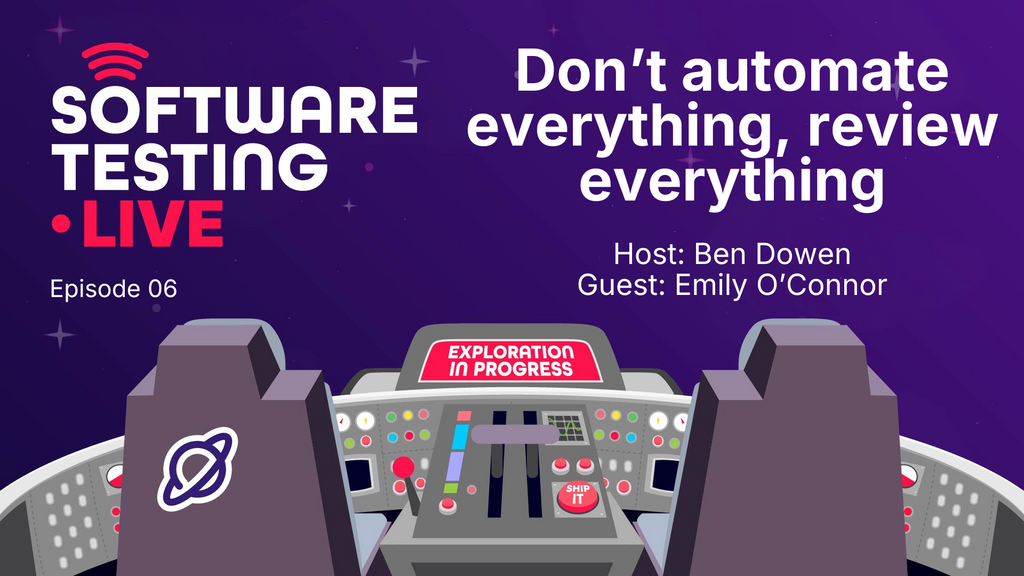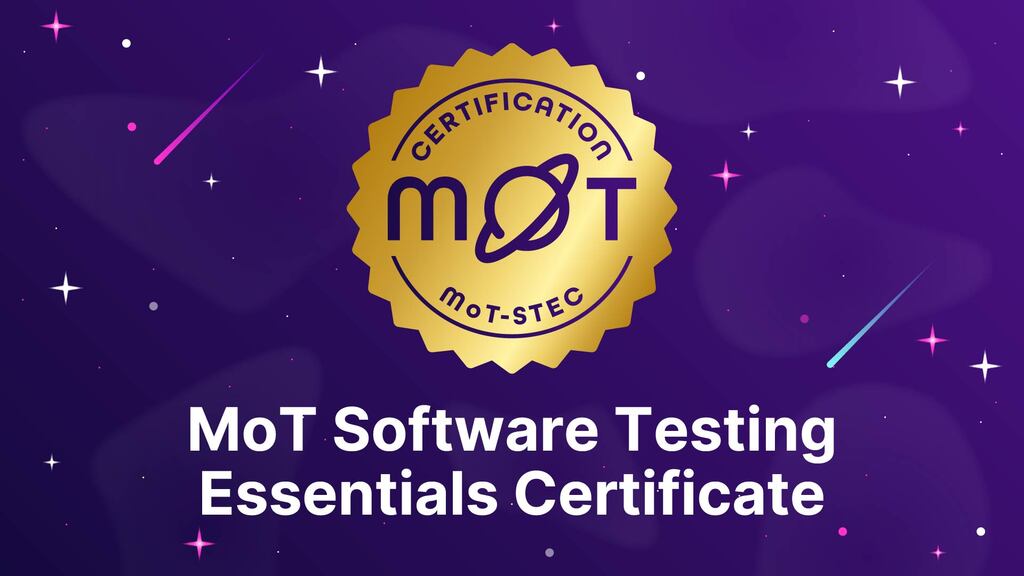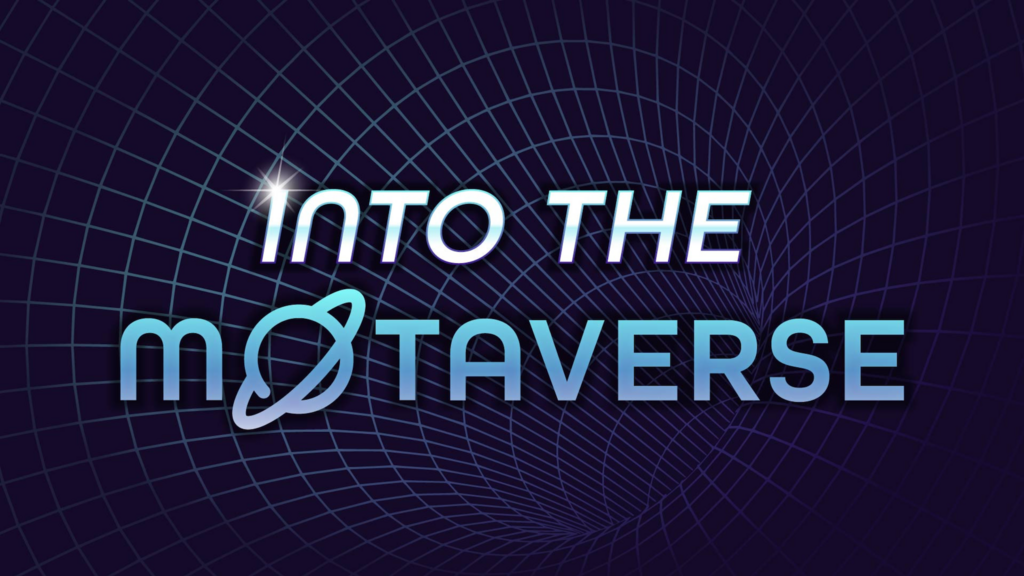In this article, we will discuss salary and other benefits. We’ll delve deep to understand:
- Why do some companies tend to be very secretive about compensation
- Why we should research companies before applying
- How to avoid underselling or overselling yourself
- Why a good salary is important
- How can benefits other than salary become more important as you advance in your career
Why do many companies seem secretive about salaries?
Sometimes job ads don't mention salary at all, not even an expected broad salary range. There are several reasons why this can be the case.
One of the most obvious reasons is that a recruiting agency published the job, and their client simply didn't give them salary information.
A second common reason is to give the organization more flexibility in negotiations. Without a clearly stated budget for the role, companies give themselves a lot of wiggle room when negotiating with candidates, so they can potentially offer less than market average. Alternatively, if they need a specific skill set, they can offer more to a candidate who possesses it.
Some companies enforce secrecy about salaries by prohibiting any discussion among their employees.
- A valid reason for this is that complete transparency can lead to employees becoming unhappy about pay disparity for different roles, even if those disparities are based on experience or performance. For example, a fresh junior tester might get jealous if another junior tester who has better performance reviews and is close to being promoted to mid-level has a significantly better salary.
- A less attractive reason for this is that it can seem cheaper and faster to hire (or poach) new candidates than it is to train existing employees. In such companies, you will often find that people who have been there for a long time get passed over for promotions. Those people can have salaries lower than those of new arrivals in the same role and at the same level, since hiring budgets are often higher than retention budgets.
Certain companies, like early-stage startups, often lack clear organization and structure. So they may not even have defined salary ranges, making it harder to state a figure up front to start negotiations. Lack of clear salary info can also be a sign that a startup is struggling with funding. They might be looking to hire the cheapest available candidates.
One more reason is that by not listing a salary range in the job description, the company might be looking to get a lot of people to apply. This way, they can get applicants who will ask for above-average salaries and others who will accept below-average salaries, so they get a bigger candidate pool to choose from.
In general, there is a push for transparency in salaries, to reduce pay gaps and improve attraction and retention of talent. In some countries, like EU member nations, it is required by law to disclose info about compensation in the job ad.
What are the best ways to win the salary negotiation game as a tester?
Here are some things we software testers can do to make ourselves more hirable:
Demonstrate deep technical skills
- Gain knowledge of widely used test automation tools (Selenium, Cypress, Playwright, REST Assured, and so on) and learn how to code.
- API testing experience can show that you are tech-savvy.
- Learning the basics of security testing can make you a very appealing candidate.
- Mobile testing is a bit more demanding and specific than testing web applications and comes with greater pay potential. Additionally, most companies would rather hire people who can do both mobile and web testing, rather than someone who knows just one of those.
- An understanding of DevOps principles helps testers to see how testing fits into the CI / CD process.
- Knowing your way around cloud platforms can be handy for many things, such as going through production logs.
- Make use of your MoT profile (example profile ). You can set it up so recruiters can easily find you and see your community contributions, such as articles, conference talks, memories and glossary entries, along with the badges you've earned. It’s also handy that you can specify the types of opportunities you’re open to, including mentoring, writing, speaking, internships, podcasting, CV reviews, and teaching.
Show enthusiastic involvement with the testing community
- Going to meetups can help you meet people, like potential future colleagues who can recommend you. What's more, recruiters often attend meetups to scout for talent.
- Speaking at meetups can also be a nice boost to your image as a desirable employee.
- Blogging can make you stand out from other candidates, since most people don’t write articles. It shows you have above-average passion and dedication for your craft.
- Conferences can work in your favor in the same way as meetups. Just bear in mind that most conference organizers charge a registration fee, and so the barrier for entry, as a speaker, is higher than it is for meetups. So meetups should be your starting point if you are on a tight budget or your current job doesn't offer compensation for conference registrations.
Point to strong troubleshooting and analytical skills
- Critical thinking is very important for testers. We don’t want to check for mere bare-minimum functional correctness and leave it at that. We want to ask questions, think about the requirements we’re testing, and try to come up with scenarios that real-world users would experience.
- Analyzing root causes of bugs can make your bug reports more understandable. Finding bugs is important, but understanding why they happen is even more valuable.
- Data analysis can help us make more informed decisions and identify patterns. For example, analytics data on user behavior can tell us which features customers use the most, so we can give more attention to those key features while testing.
Show that you are a subject matter expert in a business domain
- Understanding the domain you are working in allows testers to think about testing in more depth and to have a clearer picture of how users may interact with the product.
- Subject matter expertise can also be helpful in figuring out which scenarios to automate and how.
Develop strong collaboration and communication skills
- Advocating for quality means that we should be vocal proponents of embedding quality in all stages of the software life cycle.
- Collaborating across roles means that we as testers can effectively communicate with different roles: product owners, developers, designers, and other stakeholders.
- Concise and clear bug reports are easy to understand, reproduce, and contain all the relevant info so they can get fixed. Make it a habit to write good bug reports.
Contribute to the open-source community
- Contributing to open-source software is a practical way of demonstrating your skills and also shows that you are more dedicated than the average tester.
- Does a popular open-source product have automated checks? How about clear, correct documentation? If not, you can contribute in those ways. This serves as proof that you not only know the theory behind software testing but also possess practical ability.
Advocate for early involvement of testers in the development process
- Sometimes referred to as “shift-left”, this means that testers don’t just sit and wait until someone gives us a new feature to test. Instead, we take part early in the development process.
- Try thinking about requirements and analyzing them before any code is written. This way, we can increase our chances of spotting potential problems before they happen, and we can save our organization time and money.
Learn to be adaptable and engage in continuous learning
- Testers need to be comfortable with the fact that software evolves and changes, and this means that requirements can change. We need to adapt our testing to that fact.
- Staying up to date with tools not just for testing but also for development, AI productivity, and so on enhances your employability.
- Continuous learning ties into the two previous points. People who are actively learning regularly are generally more employable and less likely to be made redundant, compared to someone who clocks out at 17:00 and learns only the bare minimum of required skills.
Why is it important to research a company thoroughly before applying?
Researching the company to which you are applying is important for several key reasons:
- You can tailor your application to align closely with what the company is looking for. You can mention in your cover letter that you are familiar with the company's values, and you can also highlight the skills that they are looking for. Trying out the company’s product and mentioning that to the interviewer can also help you stand out.
- By researching a company’s financial health and stability, you can also get a better understanding and help you to potentially negotiate a better salary than most.
- Doing research helps you prevent mismatches, meaning that you won’t blindly apply for a role that’s not fit for you. This way, you save both time and effort.
- Learning about the company’s competition will broaden your understanding of that particular industry or domain. That can be a great talking point in the interview.
- Understanding the role in the right context means that you have a clear picture of how testing is done at the company you’re applying to. This way, you will understand what your responsibilities will be and how unique their testing context is.
- Assess if you are a good cultural fit by reading online reviews for the company. Even better, ask people who already work there, if you know any.
- Reference your research in the interview to show your interest and enthusiasm.
How to avoid underselling or overselling yourself in an interview
To avoid these two mistakes, you need to find the sweet spot between being too humble or overconfident.
Don't sell yourself short
- Ask the interviewer for a suggestion or two. For example, if the interviewer asks you about your weaknesses, try to get some advice on how to improve in the area you mention. This shows that you’re self-aware and eager to grow.
- Be aware of impostor syndrome so you can be aware of your strengths. A lot of people in our industry think of themselves as less skillful than they are.
- Focus on demonstrating your value. Instead of providing simple lists of skills you have and projects you’ve worked on, focus on highlighting how your skills can benefit the new company you’re applying to.
- Talk about your accomplishments. Before the interview, go over a short list of your biggest achievements, with a focus on tangible results where possible.
Don't oversell yourself
- Be honest about areas for potential growth. You can use this as an opportunity to learn more and to develop professionally. It’s fine not to know everything, as long as you’re transparent about it and eager to learn.
- Try to listen more than you speak. Instead of spouting a monologue all about yourself, establish rapport with the interviewer by paying close attention to their questions.
- Demonstrate your curiosity by asking questions about your future role, the team you will be joining, and the company itself. Don’t assume things without checking first.
- Avoid giving vague statements and be as specific as you can. Vague statements can leave the impression that you are bluffing and that you don't know as much about a subject as you claim.
- Use examples to back up your claims. Instead of simply stating you possess a certain skill, back it up with a real-life example of your use of that skill. You can use the STAR method (Situation, Task, Action, Result) to make it easier.
- Be realistic about your current skill level and point out the areas in which you are willing to learn more. Any good company will appreciate the self-awareness and coachability you show, rather than pretending to know things you don’t.
- Be honest and authentic when presenting yourself and your skillset, since recruiters are trained to spot exaggerations and fabricated stories.
- Emphasize that you work well with others by acknowledging the value of teamwork and collaboration. Don’t just focus on the “I” but also on “we.”
Don't forget to consider benefits beyond salary
Salary is perhaps the most important part of a compensation package. After all, it is what we use to pay bills and put food on the table. But once you reach a salary that’s sufficient to provide for all your basic needs, with some additional financial stability on top of that, you might start pondering other benefits more carefully.
Why is salary the most important benefit early in your career?
- Your standard of living is directly affected by how high your salary is. A salary that is adequate to meet your basic needs translates into the ability to afford living necessities, like food, transportation, housing, healthcare, and so on. If your current salary makes it hard to meet your most basic needs, you will eventually look for a new job or additional sources of income.
- A higher salary can give you more freedom and opportunities. You can pay for additional education, start investing, or start a family, all of which might be out of reach when you are living paycheck to paycheck.
- A good salary also provides you with a feeling of recognition and gives you an idea of your market value. It serves as hard proof of how much the company appreciates your skills and contributions. When people feel they are paid below their market rate, they will likely look for other opportunities.
- Having a salary we’re satisfied with gives us more time and energy to focus on the work itself and personal growth. If you have sufficient means, you will not be anxious about paying off bills, debts, making ends meet, and investing for the future.
What are some other benefits besides salary, and why are they important?
Let’s assume that you are happy with your salary. What else should you look for?
- Flexibility and work-life balance include benefits like working flexible hours when needed, additional days off, the ability to work remotely, parental leave, and paid sabbaticals.
- The retirement plan that your company offers affects you financially, not directly at the present like your salary, but when you retire. This can include benefits like stock options for long-term employees, good retirement plans where the employer matches employees' contributions, and services like financial advising and planning.
- Health and fitness benefits are important (and vital in countries like the United States that do not offer public health insurance to most working-age people). They can include yearly medical exams, dental care, discounts at certain clinics, and similar. You might also find benefits like gym membership, healthy food options, mental health support programs, and life and disability insurance whose premiums are paid by your company.
- Learning and professional growth benefits can include reimbursement for: education, conference attendance and associated travel, professional certifications, mentorship programs, career coaching, advancement opportunities, workshops, and so on.
- Some companies offer convenient perks such as commuting and meal benefits, childcare stipends, employee discounts on the company's products or services, assistance when relocating, company car, pet-friendly offices, and similar.
- Culture and work environment-related benefits include recognition via awards, bonuses, and general acknowledgements. Other benefits in this category can include social events, gatherings, teambuilding, and volunteering opportunities, such as community service and philanthropic activities.
What matters most to you
As we have seen, salary is the cornerstone of a good job. But, once your salary covers your essential needs, other benefits start to matter more. You might find yourself turning down a higher salary in favour of more vacation days, flexible hours, or working on a product that feels meaningful. The key is to understand your current needs and ambitions, look for companies that align with them, and focus on researching and impressing those companies.
What do you think?
Have experiences or thoughts about getting paid what you’re worth? Share them in the comments below. Use the questions and actions below to help you reflect and discuss.
Questions to discuss:
- Have you ever discovered a company being secretive about salary? How did you handle it?
- What strategies have helped you negotiate a fair salary or benefits package?
- Which non-salary benefits matter most to you at this stage in your career?
Actions to take:
- Research: Look up salary ranges for roles similar to yours and compare them to what you currently earn.
- Reflect: Think about your priorities, is it salary, flexibility, learning opportunities, or something else?
- Connect: Talk to other testers in the MoT community about their negotiation experiences and what’s worked for them.
For more information
- Introducing: Software Testing and Quality Engineering Salary Database, Rosie Sherry
- Software testing salaries are trending downwards, Rosie Sherry
- What's everyone else earning?, Simon Tomes








